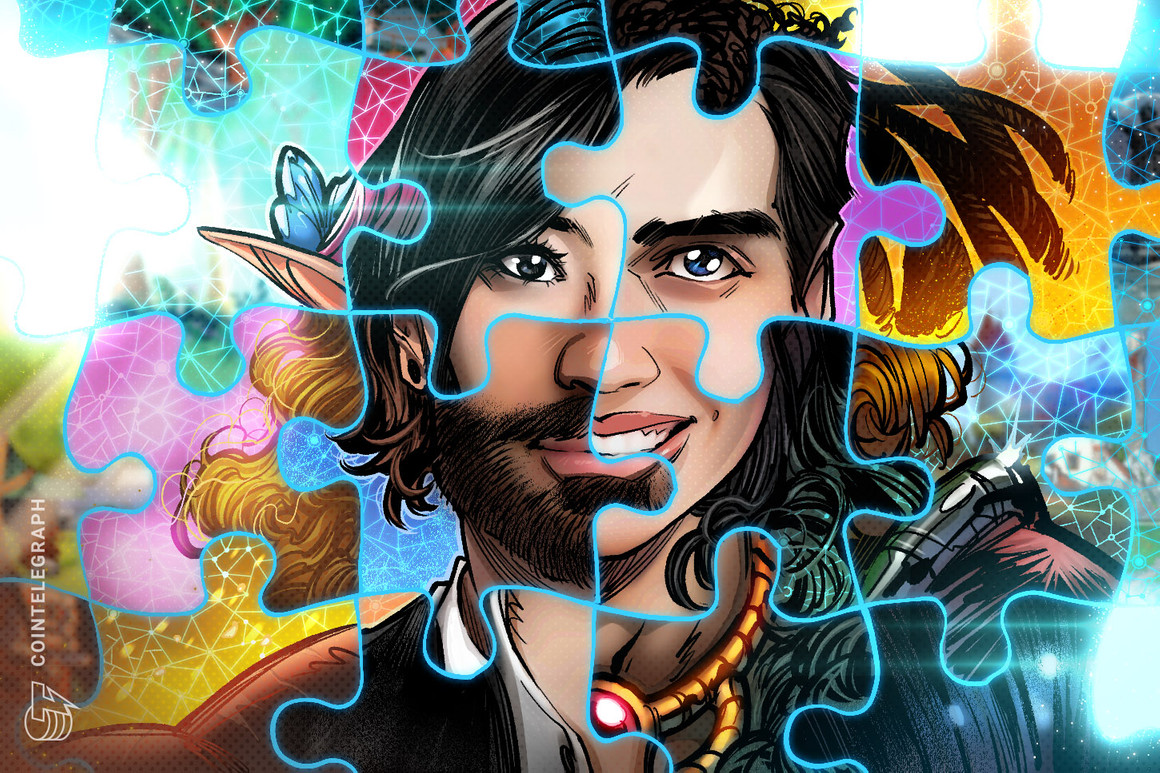The Metaverse has become one of the biggest buzzwords of the year as a number of brands, companies and even countries begin to explore virtual worlds
The Metaverse has become one of the biggest buzzwords of the year as a number of brands, companies and even countries begin to explore virtual worlds to conduct business. Even though Metaverse development is still underway, a recent report from the technology research and advisory firm Technavio found that the Metaverse will hit a market share value of $50.37 billion by the year 2026.
Another report predicts that the growth of the Metaverse will be driven by e-commerce, which is expected to reach a market share of $60.47 billion by the year 2026. E-commerce across social media platforms is also expected to increase over the coming years, which may suggest that the Metaverse will advance as the next generation of social networking. Therefore, it shouldn’t come as a surprise that a number of Millennials and Gen Zs are currently showing interest in the Metaverse.
Digital identity is key to the Metaverse
Findings from the “Digital Ownership Report 2022” from the Metaverse platform Virtua report show that younger generations are particularly excited by the potential for reinventing themselves in virtual worlds that allow for the creation of digital identities and ownership. For instance, the report found that 63% of American millennials expect the Metaverse to help them reinvent themselves, while 70% of Americans surveyed agreed that digital items like clothing and artwork are already an essential part of their identity.
Jawad Ashraf, CEO and co-founder of Virtua, told Cointelegraph that the ability for individuals to reinvent themselves is a key feature of the Metaverse:
“Many people today have reinvented themselves on social media, as they are projecting an image that is still personable and interactive. The Metaverse allows users to express themselves through an avatar, allowing each person to be themselves without the fear of face-to-face interaction.”
According to Ashraf, people will be able to express themselves much more freely in the Metaverse in comparison with Web2 social media platforms like TikTok and Instagram. He believes this is the case due to the fact that users will be able to customize avatars to portray themselves while leveraging digital assets that they own. He added that every aspect of Virtua’s metaverse is customizable, allowing users to create their own avatars to reflect their “digital identities.”

Janice Denegri-Knott, professor of consumer culture and behavior at Bournemouth University and a researcher behind Virtua’s digital ownership report, told Cointelegraph that there is not yet an official definition for digital identity within the context of the Metaverse. However, she believes that if digital identity is thought about pragmatically, it can be defined as “the unique, identifiable information that is connected to a person when online.” As such, the concept of digital identity, in this case, extends much deeper than customizing an avatar to resemble oneself. Denegri-Knott elaborated:
“The Metaverse with its blockchain infrastructure affords users the potential to assume greater ownership rights over their own data, giving them more control over the information they share with others. The beauty of the Metaverse is that a user can have different digital identities, such as a workplace identity, sporting identity and personal identity, while all still being based on the user’s real-world identity.”
Denegri-Knott added that she believes the idea of individuals extending themselves digitally is an instructive one. “Rather than thinking of digital identity as being separate from, but rather connected to an ‘offline/real’ identity is helpful. This will allow us to see how our sense of self may be ‘digitally’ extended in our ability ‘to do’ and to ‘express ourselves,’” she explained.
With this in mind, Denegri-Knott pointed out that the digital items that users own in the Metaverse will play a fundamental role in the development and expression of self, just as material items help people achieve intentions and goals in the physical world. This was highlighted in Virtua’s report, which found that 70% of consumers feel their digital items help create the perception of who they want to be. Moreover, 75% of surveyors expressed that they were emotionally attached to the digital items they own in the Metaverse.
Related: NFTs and intellectual property, explained
Echoing this, Chris Chang, co-CEO of ZepetoX — an Asia-based metaverse initiative – told Cointelegraph that similar to how real-world objects encapsulate a person’s physical space, digital assets in the Metaverse provide clues about a person’s tendencies. “The Metaverse is a setting wherein one can explore relationships and identities different to the physical realities that one is born with,” he said.
This aspect is particularly important, as Denegri-Knott further explained that avatars within the…
cointelegraph.com
